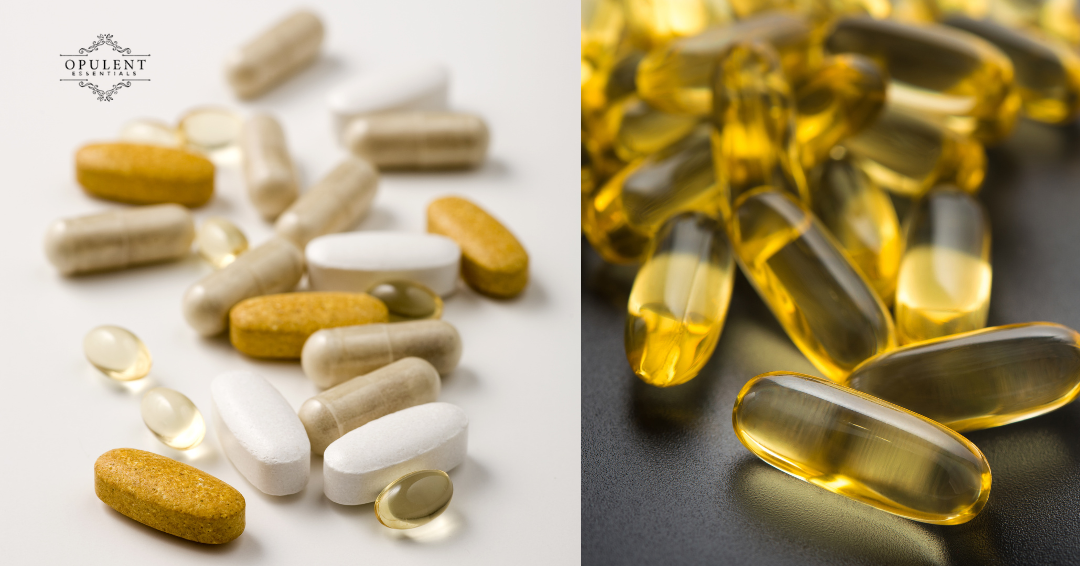In the quest for optimal health and well-being, many men turn to vitamins and supplements as a way to fill potential nutritional gaps and support their overall health. But with a plethora of options available, it can be overwhelming to figure out which ones are beneficial and which might not be worth the investment. Here’s a guide to understanding what vitamins and supplements can be most beneficial for men.
1. Essential Vitamins for Men
-
Vitamin D: Often called the "sunshine vitamin," vitamin D is crucial for bone health, immune function, and mood regulation. Many men, especially those who live in northern climates or have limited sun exposure, may need to supplement with vitamin D. It’s recommended to aim for 600-800 IU per day, but individual needs may vary.
-
Vitamin B12: This vitamin is essential for red blood cell production and nerve function. It’s particularly important for older men, as absorption can decrease with age. Sources include meat, dairy products, and fortified cereals. If you’re vegetarian or vegan, you might need a B12 supplement.
-
Vitamin C: Known for its immune-boosting properties, vitamin C is also an antioxidant that helps protect cells from damage. Men should aim for about 90 mg per day, which can usually be obtained through a diet rich in fruits and vegetables.
2. Key Minerals for Men
-
Magnesium: Important for muscle and nerve function, bone health, and energy production, magnesium can be found in foods like nuts, seeds, and leafy greens. A supplement might be necessary if dietary intake is insufficient.
-
Zinc: This mineral plays a role in immune function, protein synthesis, and wound healing. Men need about 11 mg of zinc per day, and a deficiency can lead to various health issues, including reduced immunity and hair loss.
-
Calcium: Essential for bone health, calcium needs can increase with age. While dairy products are a primary source, supplements might be beneficial for those who don’t consume enough dairy or have specific bone health concerns.
3. Popular Supplements and Their Uses
-
Omega-3 Fatty Acids: Found in fish oil, omega-3s are known for their heart health benefits. They help reduce inflammation and support cardiovascular health. A daily dose of 1,000-2,000 mg is often recommended.
-
Probiotics: These beneficial bacteria support gut health and can aid digestion. They’re particularly useful for men who experience digestive issues or are on antibiotics.
-
Saw Palmetto: Often used to support prostate health, saw palmetto can help manage symptoms of benign prostatic hyperplasia (BPH), a common condition in older men.
4. Considerations When Choosing Supplements
-
Quality Matters: Not all supplements are created equal. Look for products that are tested for purity and potency. Third-party certifications can be a good indicator of quality.
-
Consult with a Healthcare Provider: Before starting any new supplement regimen, it’s important to consult with a healthcare professional. They can provide personalized advice based on your health status and dietary needs.
-
Balance and Moderation: While supplements can be beneficial, they should complement a balanced diet rather than replace it. Focus on getting most of your nutrients from whole foods and use supplements as needed to fill gaps.
Incorporating the right vitamins and supplements into your routine can support your overall health and well-being. However, it’s essential to approach supplementation with care, considering individual needs and consulting with a healthcare provider. By focusing on a balanced diet and making informed choices about supplements, men can effectively enhance their health and vitality.

